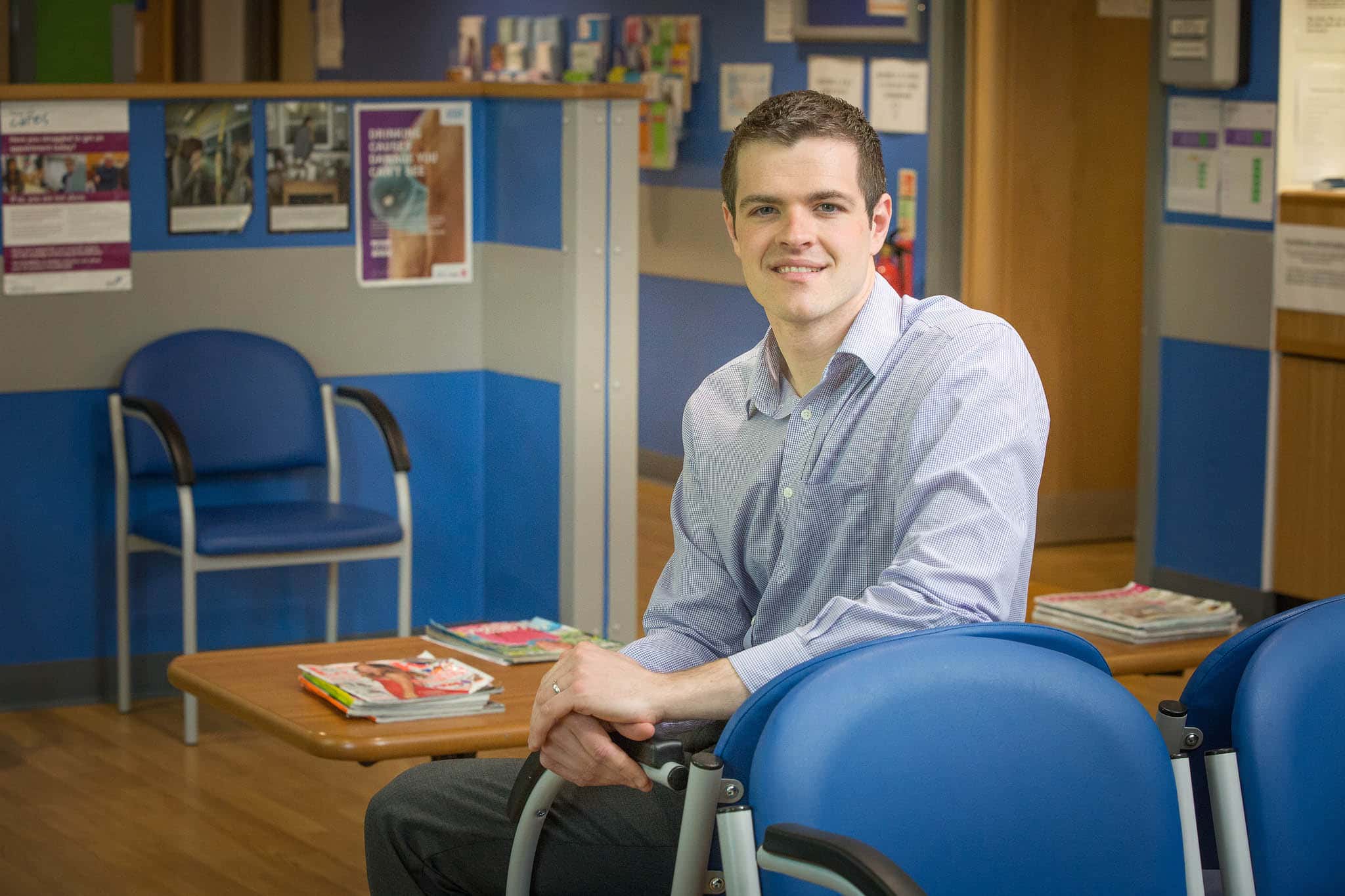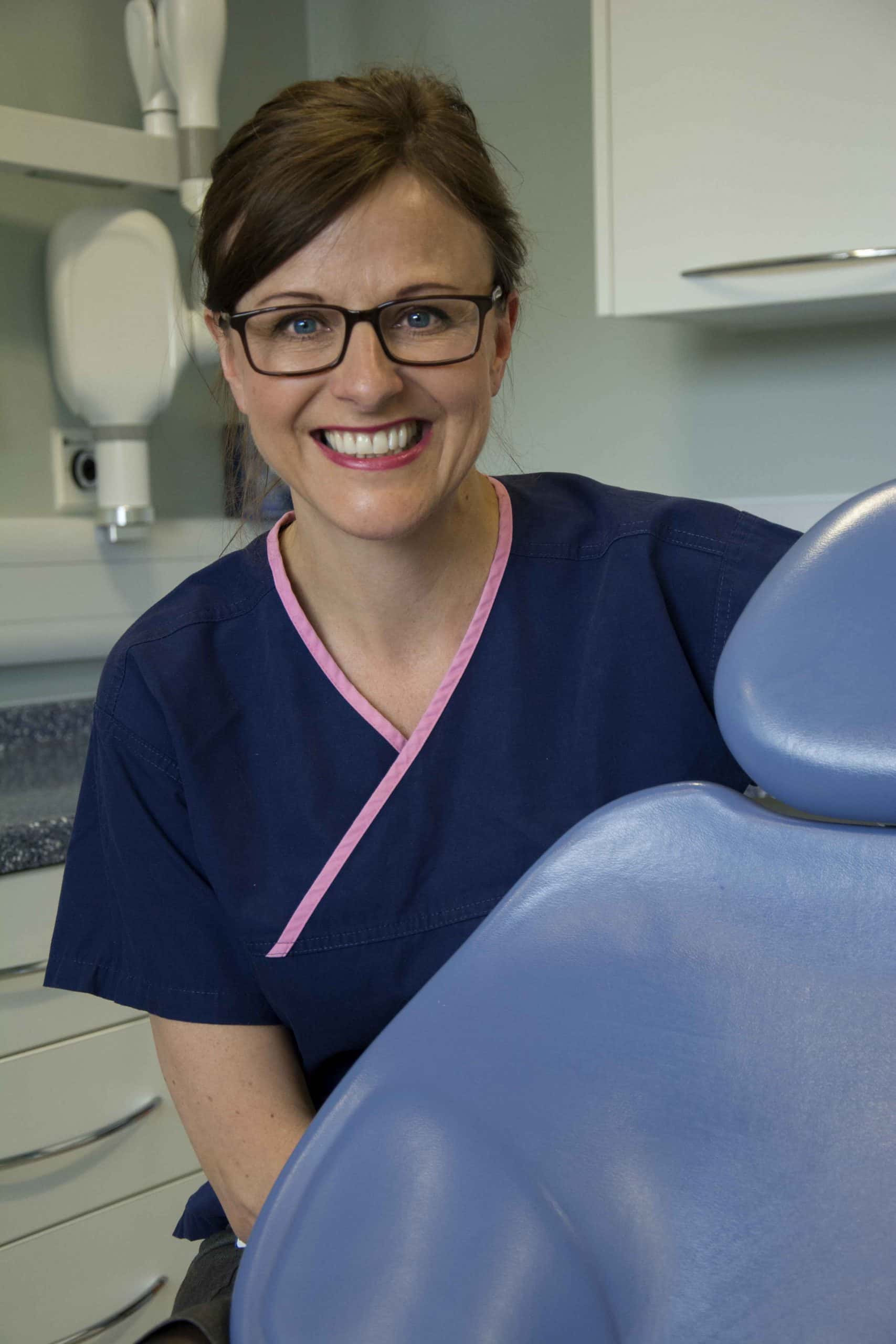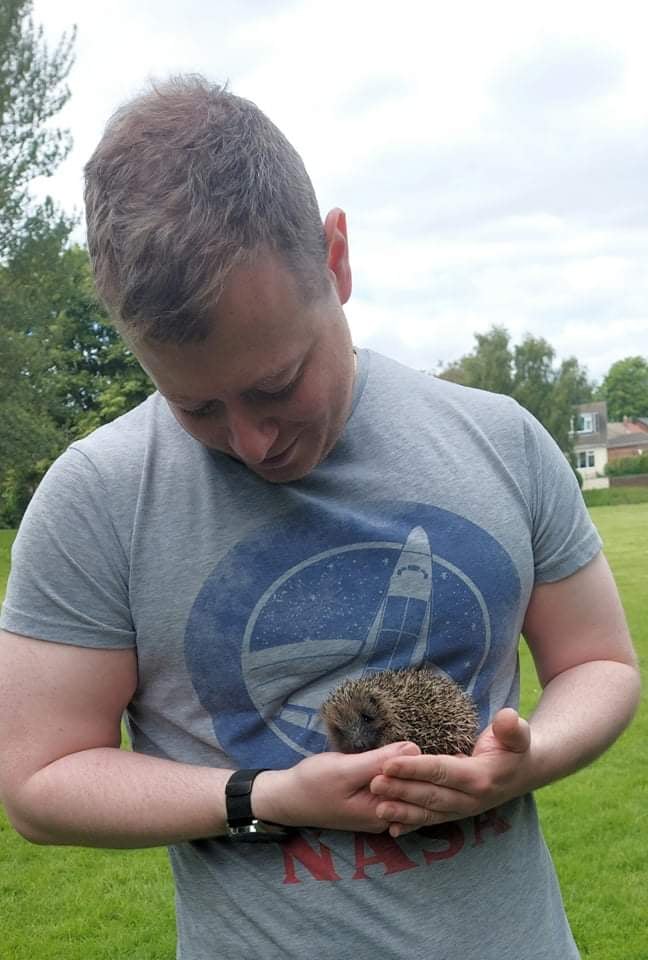
A GROUP of North East researchers and health experts have come together for a major study into how community pharmacists could help spot patients with suspected head and neck cancers (HNC).
The study, starting early next spring, could improve the early identification, diagnosis and treatment, and will explore whether community pharmacies could offer a pathway for people with HNC symptoms to seek further medical help and advice.
The research bring together pharmacy, dentistry and medicine academics, HNC clinicians and patients, and is led by University of Sunderland academic Dr Andrew Sturrock, with Dr Susan Bissett, from Newcastle University. It is being funded by the National Institute of Health Research (NIHR).
HNC is the eighth-most-common cancer in the UK, with the North East having the highest incidence and mortality rates in areas of high deprivation.
Most of these cancers are in the mouth and throat and could potentially be identified early by a dentist, but recent research found that patients frequently present late with advanced stages of the disease, having not seen their dentist in the two years before diagnosis, with uncertainty over costs and dental anxiety cited as the main reasons.
However, community pharmacists now provide an increasing range of healthcare services, routinely offering advice to patients seeking over-the-counter treatments for common symptoms, including those that may be related to HNC.
This makes them potentially ideal to spot at-risk patients earlier, and help promote better self-care – and refer patients at an earlier stage of their disease for formal diagnosis.
Dr Sturrock, a principal lecturer in Pharmacy at the University of Sunderland and a National Teaching Fellow, said: “Over the course of our study we hope to demonstrate the critical role community pharmacists could play in spotting the first signs of this common cancer, such as non-healing mouth ulcers, potentially providing a life-saving link for people who may have limited contact with other oral and general healthcare services, due to their marginalisation.
“Pharmacist services are easily accessible to most of us, with 95 per cent of the population living within 20 minutes of a pharmacy. Their role has certainly proved critical during Covid 19.
“For individual reasons, people are not going into GP practices or hospitals since the start of the pandemic, yet pharmacists have been accessible for advice throughout to people who are trying to self-manage their conditions. That represents an opportunity for pharmacists to offer an intervention that would enable early identification and offer advice for patients who may be tempted to delay seeking help.”
He added: “We believe the project is an excellent example of an applied multi-disciplinary research collaboration between pharmacy, dentistry and medicine, HNC clinicians and patients. We hope our results will lead to future funding and to further develop the project nationally and begin a large-scale clinical trial.”
As part of the 18-month project, the research team will conduct interviews with community pharmacists, exploring their knowledge, current practice and appetite for delivering HNC early identification. Interviews with HNC patients will explore past engagement with pharmacy services and attitudes towards the roles of pharmacists taking part in this engagement.

Dr Bissett, from the School of Dental Sciences at Newcastle University, said: “Awareness is key with cancer. The earlier a suspected lesion is identified, the earlier it can be investigated, diagnosed and treated. In the North East we have access to fantastic HNC services and the clear message is to act quickly.
“Unfortunately, many people are reluctant to go to the dentist, for many reasons. I am looking forward to working with our collaborative team and finding out more about the potential for a community pharmacy intervention for HNC.”



